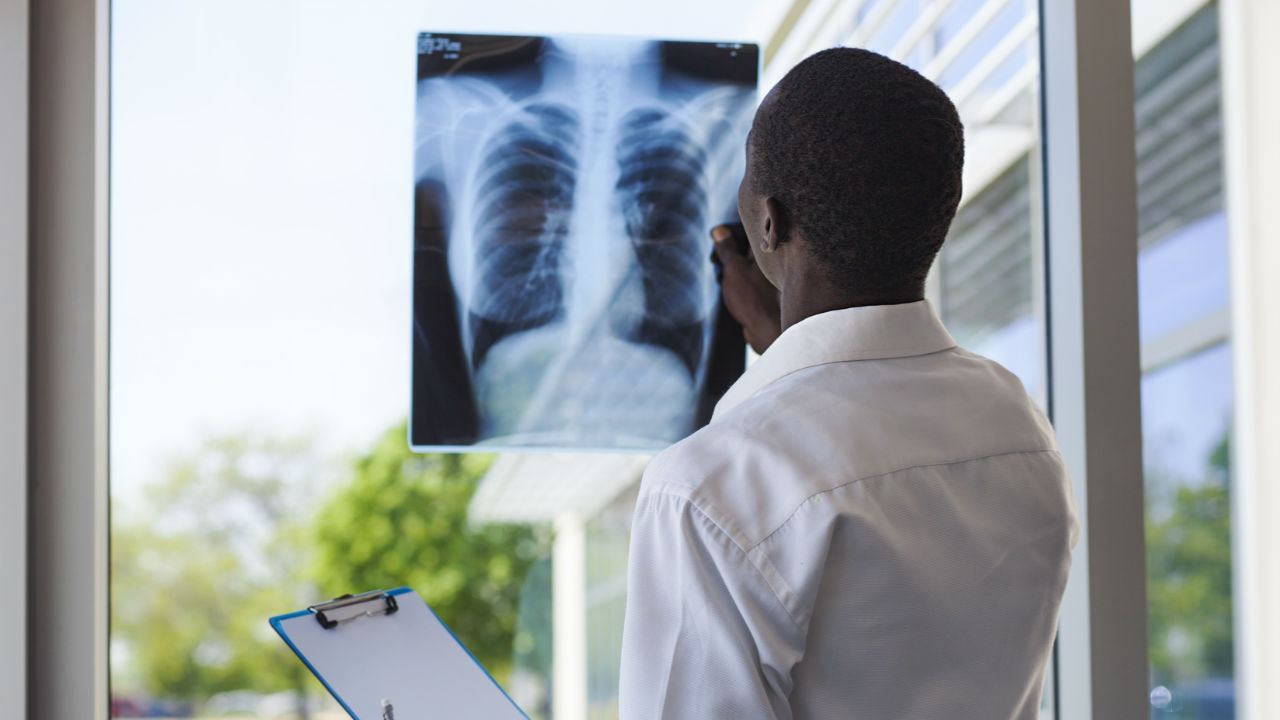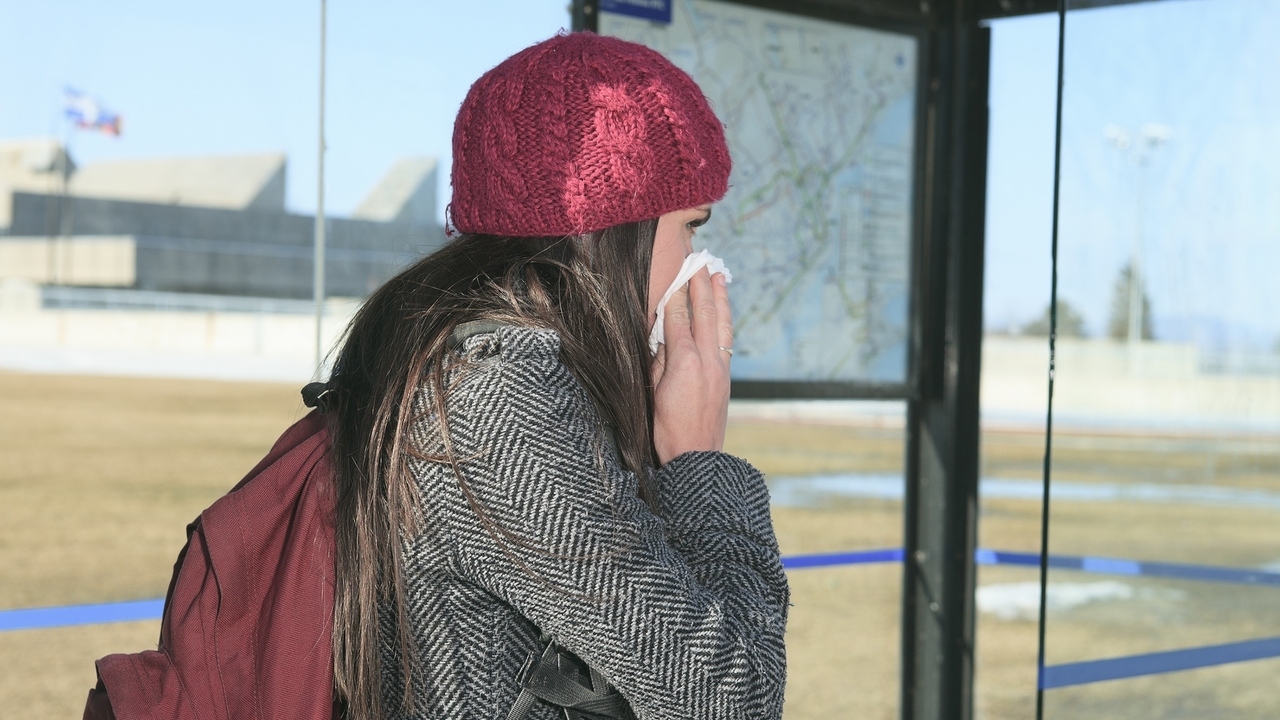 Olesya Shelomova/fotolia
Olesya Shelomova/fotolia
What is Hamman-Rich Syndrome
Hamman-Rich Syndrome is also known as acute interstitial pneumonia. It is an uncommon type of pneumonia for which researchers have not yet found a cause (idiopathic). It affects otherwise healthy individuals. The underlying condition may worsen without symptoms appearing for a long period of time, but when the symptoms do manifest they come on very suddenly and "acutely".
The condition received its name from the doctors who discovered the disease in 1939, Drs. Hamman and Rich.
Acute interstitial pneumonia has similar symptoms to acute respiratory distress syndrome, and may be misdiagnosed as such.
Pneumonia results when tissues of the lungs become inflamed in reaction to infection. Interstitial pneumonia, by comparison, is a long-term condition that affects the connective tissue of the lungs. The inflammation is caused by the build up of white blood cells and plasma in the alveoli (the tiny sac that facilitate the carbon dioxide/oxygen exchange in the bloodstream). With interstitial pneumonia, the inflammation also extends into the bronchioles - small airways that branch off into the lungs.
If the inflammation lasts long enough, the fluid hardens into scar tissue (fibrosis). If there is enough scar tissue, over time alveoli will be destroyed and the space filled with cysts. Over time, the bronchi and the walls of the bronchi widen, or are destroyed resulting in the lungs shrinking.
Sixty percent of those with acute interstitial pneumonia die within six months of the appearance of symptoms.
Symptoms of Hamman-Rich Syndrome
As stated earlier, symptoms of Hamman-Rich Syndrome or acute interstitial pneumonia are similar to those observed in acute respiratory distress syndrome, which are:
- shortness of breath
- rapid, shallow breathing
- crackling or wheezing sounds in the lungs
- cyanosis (blue tinge) to the skin
- heart and brain function issues (rapid heart rate, difficulty concentrating, forgetfulness) because of long-term reduced oxygen supply
Diagnosis and Treatment of Acute Interstitial Pneumonia
Diagnosis of acute interstitial pneumonia is usually confirmed through CT scans, lung biopsy, and tests that measure pulmonary function.
The goal of treatment is to prevent complete respiratory failure and keep the patient alive and comfortable until the condition resolves. Treatment often involves use of a ventilator in the event of respiratory failure, and administration of corticosteroids (although it is not known how effective these medications are).
For those who survive, lung function will improve over time, but the condition may return.
Sources: www.uptodate.com; www.wrongdiagnosis.com; www.medfriendly.com; www.merck.com






Add a Comment72 Comments
My sister-in-law just died from this disease. She had rheumatoid arthritis and it went into her lungs, causing this disease. In just a matter of 6 weeks she was dead! This a terrible disease. She was a fairly healthy, active 67 year old mother,wife, grandmother,daughter and sister until this disease got a hold of her lungs. This needs to be studied more and find earlier detection. Had this been found earlier, she might had been saved.
September 17, 2010 - 3:04pmThis Comment
Sorry to hear about your sister, but thank you for sharing your story and adding to the topic. My research on this topic also turned up some alarmingly fast death rates once the condition had set in the lungs. Medical research is certainly continuing.
Darlene
September 18, 2010 - 5:53pmThis Comment